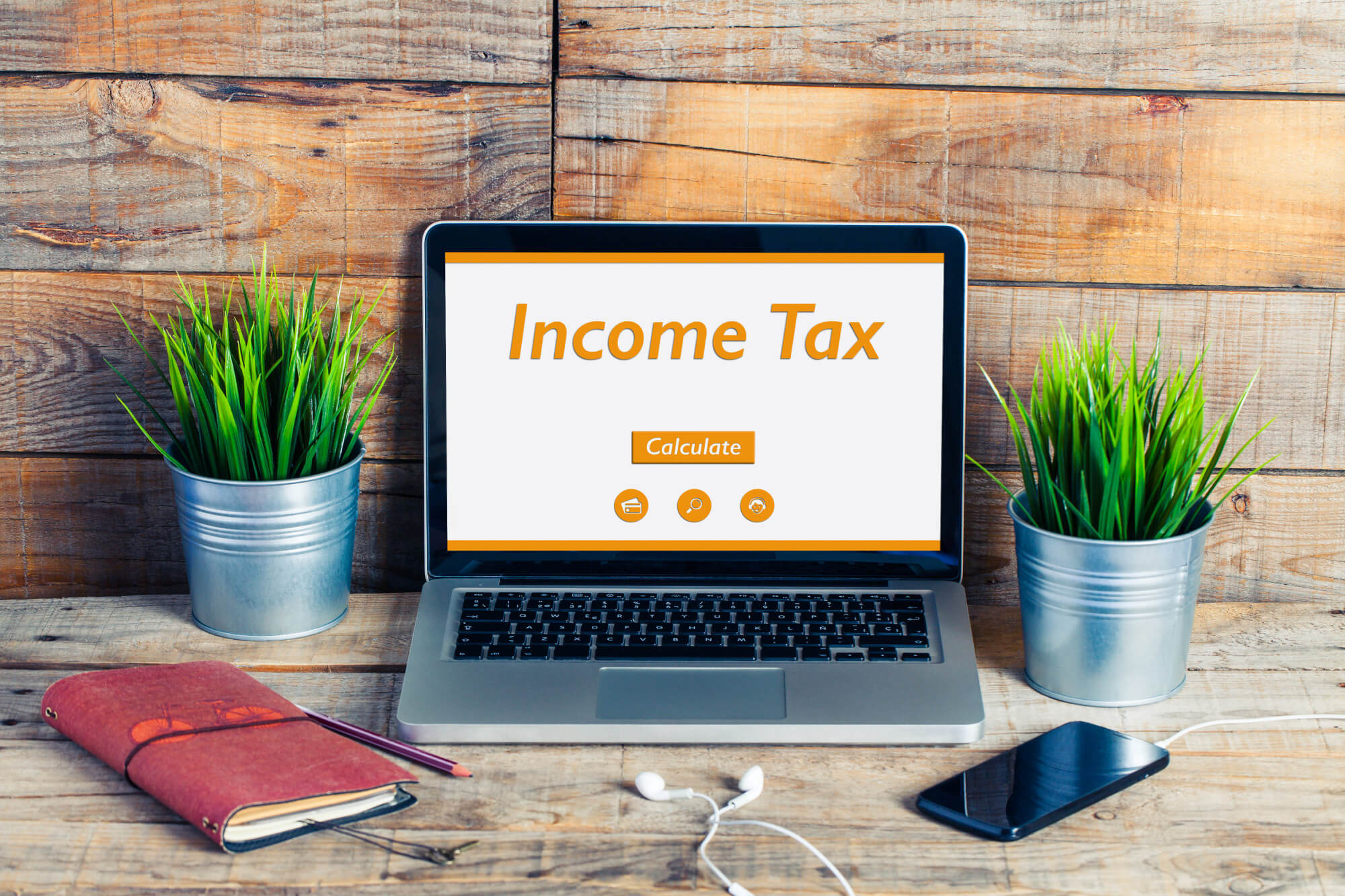If you fail to file your taxes correctly, the IRS can fine you a penalty up to 20% of the amount you owe.
Taxes are a complete nightmare for many people especially if you can’t pay them. And the last thing you want to deal with is owing even more money to the government.
That’s why the emergence of tax software has helped so many people. It helps you make sense of the confusing terminology, perform calculations, and break the process down into easy steps.
But what is the best tax software and how does it help simplify everything? This article covers everything you need to know.
The Criteria for Best Tax Software:
Everyone is different and the tax software available now tends to be tailored to different audiences with bank products and other solutions available.
For example, a family of four with a house and one income earner will have a fairly straightforward process. But what about someone who is self-employed or a small business owner? In these cases, some companies offer tiered pricing models that can quickly become expensive.
When asking questions like “Why would anyone use a bank product?” or “Is this service right for me?” it’s important to consider the following.
Ease of Use:
There’s no point paying for a system that is just as confusing as the tax forms themselves. Check out reviews from other people to see what their experiences with the company were. Or watch a ‘how to’ video for a preview of the software.
Are Your Taxes Complicated:
Between deductibles, donations, and multiple sources of income, taxes can get complex very quickly. If you’re unsure what you qualify for and what options are available to you then tax software may be the way to go.
Look at State Tax Prices:
Some tax software companies include state tax in their services free of charge. Others ask for a fee and class it as an additional service. Be sure to look into the costs behind each one to be sure.
With that said, here are the best online tax filing options out there.
TurboTax:
Known for its simplicity and ease of use, TurboTax has many features and designs to help you file without a headache.
The use a simple step by step process that puts questions in laymen’s terms and does the hard work and calculations for you. They even offer a W-2 scanner where upload a photo of your form and it automatically sorts the information on your tax forms.
They have a free option for getting your taxes ready to file. But can charge past $100 if you want more premium services like a tax specialist to talk to.
Tax Act:
Similar to TurboTax, TaxAct offers a sliding scale of costs for users depending on the level of service they want.
Their layout makes it easy to input data and offers free state tax returns for simple forms. If you’re a homeowner or business owner however, then you will have to pay a fee for state taxes.
If you are unhappy with the service you’ve received from other tax software companies, TaxAct makes it easy to import your old information over to them.
H&R Block:
Known for their stand-out customer support, H&R Block takes the uncertainty out of the equation with tax specialists on call and online.
It has a similar model and pricing structure to the previous companies but also offers up to $3000 of interest-free loans to anyone entitled to federal tax refunds.
Shop Around:
Knowing what the best tax software is for you takes time and research.
This list helped narrow things down but you should still look into each company in more detail to see what will work best for you.
Check out our other finance articles for more tips and advice.
Read Also:






















